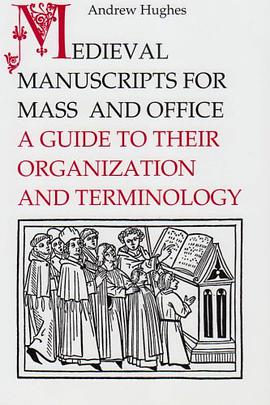

What is the relationship between literary criticism and ethics? Does criticism have an ethical task? How can criticism be ethical after literary theory? Ethical Criticism seeks to answer these questions by examining the historical development of the ethics of criticism and the vigorous contemporary backlash against what is known as 'theory'. The book appraises current arguments about the ethics of criticism and, finding them wanting, turns to the philosophy of Emmanuel Levinas. Described as 'the greatest moral philosopher of the twentieth century', Levinas' thought has had a profound influence on a number of significant contemporary thinkers. By paying close attention to his major writings, Robert Eaglestone argues cogently and persuasively for a new understanding of the ethical task of criticism and theory.
具体描述
读后感
评分
评分
评分
评分
用户评价
相关图书
本站所有内容均为互联网搜索引擎提供的公开搜索信息,本站不存储任何数据与内容,任何内容与数据均与本站无关,如有需要请联系相关搜索引擎包括但不限于百度,google,bing,sogou 等
© 2025 book.wenda123.org All Rights Reserved. 图书目录大全 版权所有




















